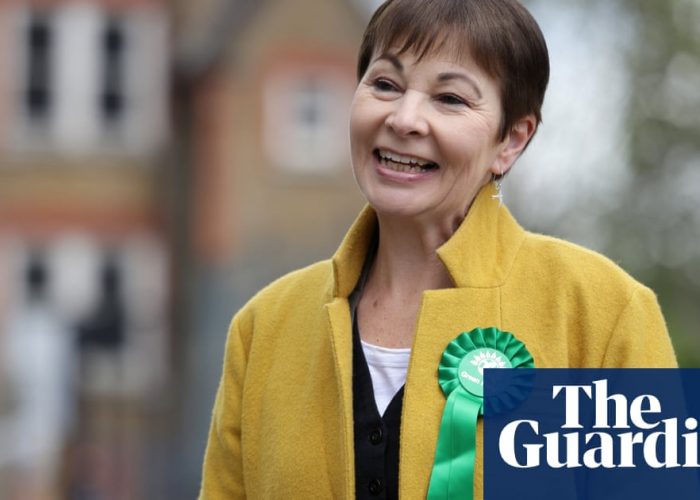Andy Beckett is right to find some optimism in the record of the exceptional Green MP Caroline Lucas and the partys growing number of councillors (The Greens are on the brink of power is it more than a political blip?, 27 August). However, the crucial route to power for green politics lies in cooperation with non-Tory parties to gain enough public support for effective environmental policies.
The government promises much, but there is a dearth of concrete policies. The chancellor hasnt even announced his green bonds initiative that is supposed to appear this summer. Our research has shown that were savers to be adequately incentivised, this could provide billions to finance the green new deal, if it was announced as a green recovery Isa, enabling usually older savers to fund green jobs.
Becketts other key point, that the climate crisis tends to leave voters feeling overwhelmed, paralysed or in denial, can be overcome if its solutions are seen as generating work everywhere. Equally, it must be seen as compensating poorer sections of society for the transitions to dearer, more sustainable food and energy supplies while retraining those whose jobs are threatened.
The French gilet jaunes were right to say that their main worry was about the end of the month, not the end of the world. The answer lies in making a credible case for how to fund such a transition. This will require green quantitative easing (QE), whereby government-created money is invested directly in public- and private-sector projects, as well as using savings and progressive taxation. In short we need a QuEST (QE, savings and taxation) to immediately finance the crucial green transformation.Colin HinesConvener, Green New Deal UK
The fundamental paradox in green politics is set out towards the end of Andy Becketts column, when he states that if all the main parties adopt green policies it would make it harder for the Greens to differentiate themselves. The crucial point is that greenism is not a policy; it is an analysis that sets out with brutal clarity the need to accept the ecological imperative and to change our way of living.
Thus a green campaign is essential, but a Green party actually undermines the acceptance of that imperative: the more successful it is, the more it draws supporters from the other parties and thus reduces the momentum and increases the pressures against it. It is necessary for the green imperative to be embedded in all the parties if we are to avoid catastrophe.Michael MeadowcroftLeeds
I am green, with a small G, because I am in possession of the dire facts, I have the science background to understand what those facts imply, and also I love nature for its own sake. However, I am also a moderate Tory (Macmillanite, I guess), though you may regard that as an oxymoron. And that is a problem: green politics is growing ever more inextricably entwined with leftwing politics, while simultaneously bedding with the increasingly authoritarian SNP.
For this reason, I would never vote for the Green party in its present incarnation, though I live as greenly as I can: I avoid waste, I recycle, I walk, and my garden is nature-friendly. Ideally, green issues ought to transcend party politics, because we all die of heatstroke at the same temperature.Luce GilmoreCambridge
Have an opinion on anything youve read in the Guardian today? Please email us your letter and it will be considered for publication.read more
Green politics is beset by a fundamental paradox | Letters


